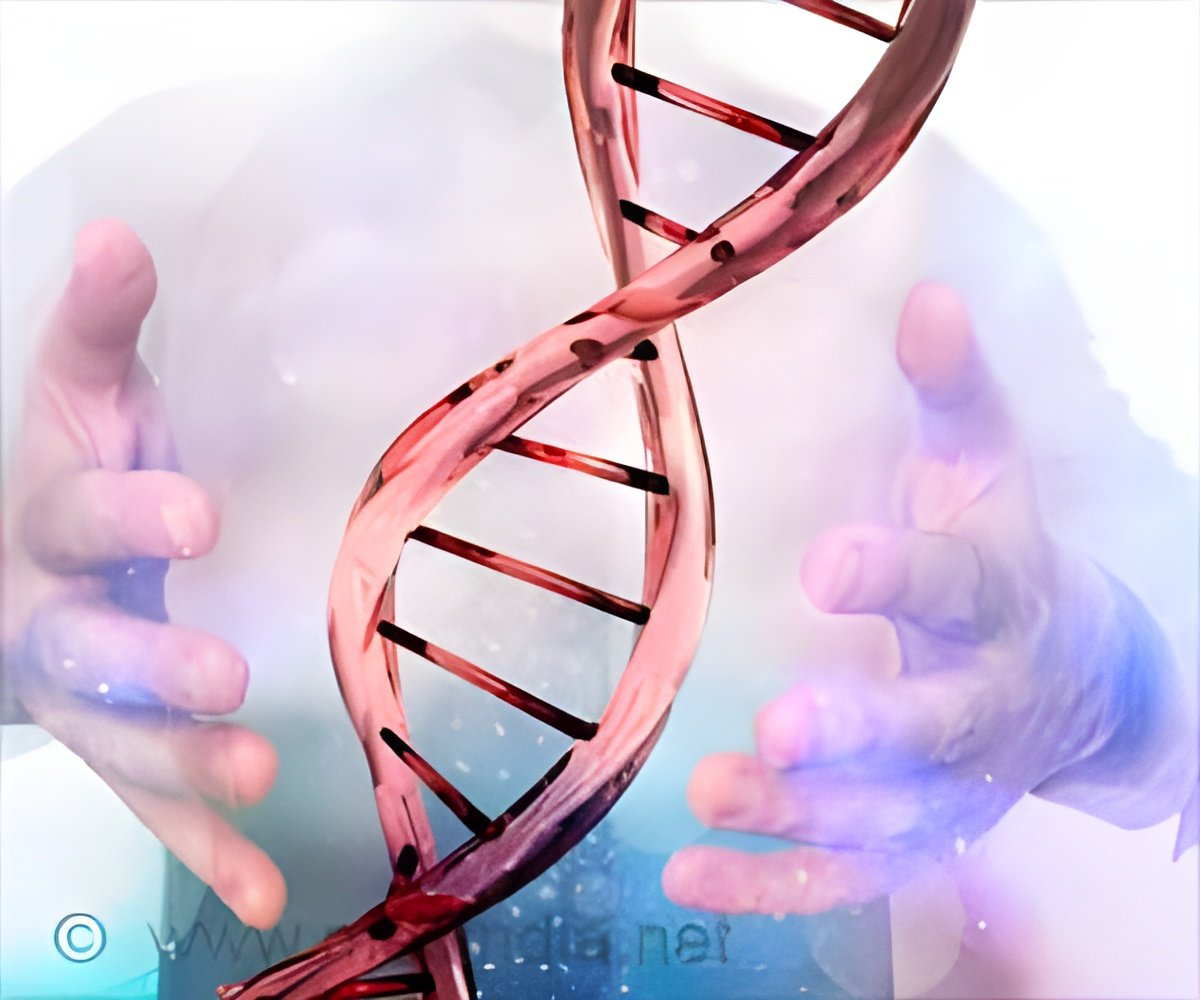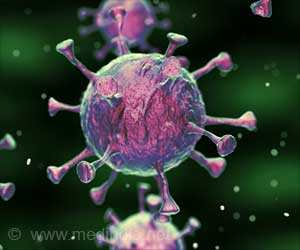Study explores AAV-based gene therapy to deliver anti-eosinophil antibodies, offering a potential long-term treatment

Study published in Human Genome Therapy hypothesizes that adeno-associated virus (AAV)-based gene therapy can deliver anti-human eosinophil antibody to treat chronic hypereosinophilia (1✔ ✔Trusted Source
Vectorized Human Antibody-Mediated Anti-Eosinophil Gene Therapy
).
“As a novel approach to treat chronic hypereosinophilia, we hypothesized that AAV-mediated delivery of an anti-human eosinophil antibody would provide one-time therapy that would mediate persistent suppression of blood eosinophil levels,” stated Ronald Crystal, from Weill Cornell Medical College, and coauthors of the study.
Chronic Hypereosinophilia and Antibody Treatment
Chronic hypereosinophilia is defined as persistent elevated blood levels of eosinophils. It is associated with infiltration of eosinophils into the tissues and resulting organ damage by eosinophil release of toxic mediators.
Human monoclonal antibodies (mAbs) were generated against human eosinophils. The heavy and light chains of that fully human anti-human eosinophil mAb were delivered via an adeno-associated virus (AAV)-based gene therapy to immunodeficient mice, where they suppressed levels of human eosinophils in vivo.
Gene Therapy for Eosinophil Reduction
The investigators showed that in vivo gene therapy in mice mediated the destruction of human eosinophils and antibody-dependent cellular cytotoxicity activity against human eosinophils. They concluded that the anti-human eosinophil mAb “holds the potential to offer therapeutic benefit to patients with chronic hypereosinophilia.”
“This study highlights the potential for the gene therapy field to provide effective long-term therapies for chronic conditions, which currently require frequent treatments with painful and/or debilitating side effects,” says Managing Editor of Human Gene Therapy Thomas Gallagher, PhD, from the University of Massachusetts Chan Medical School.
Advertisement



